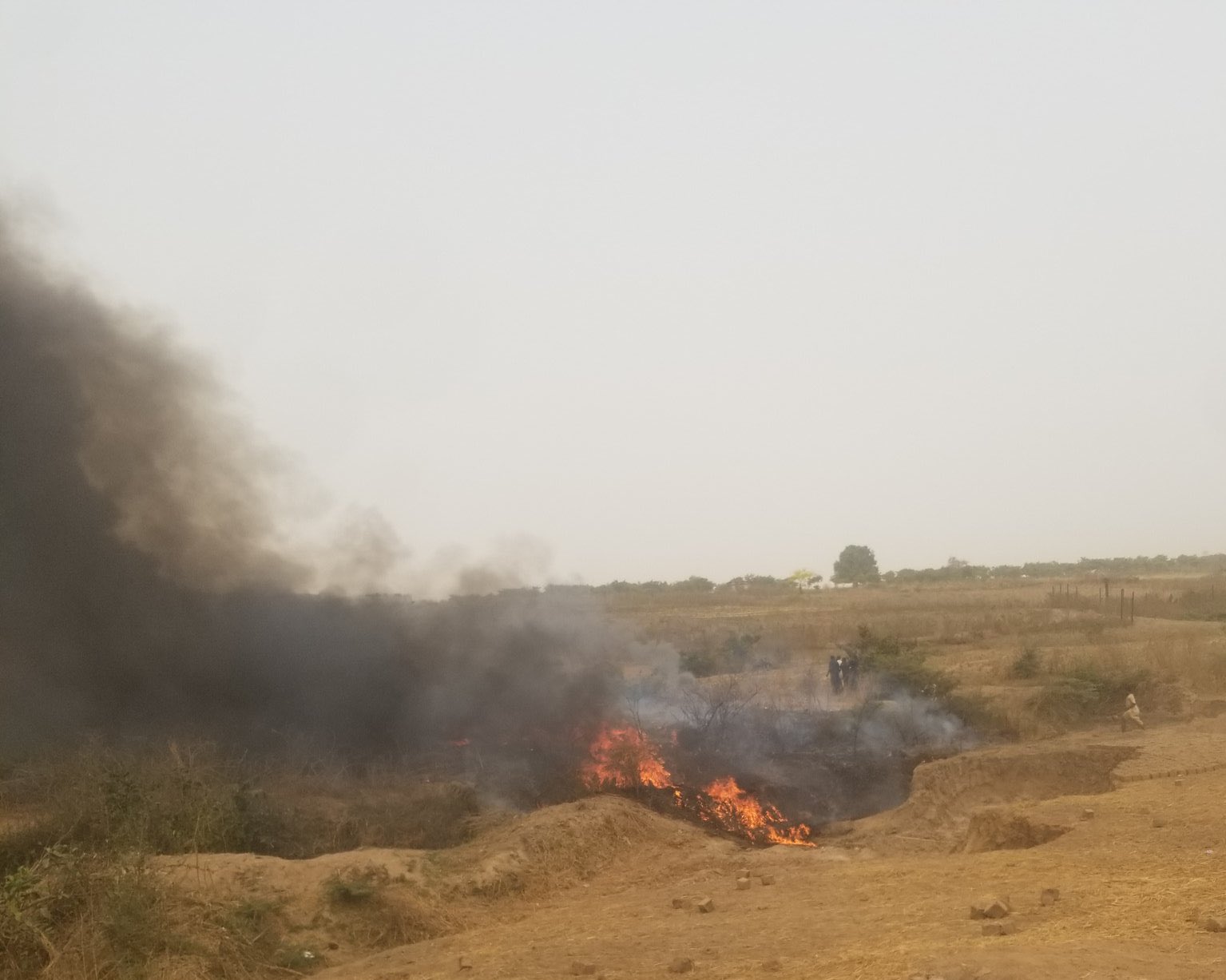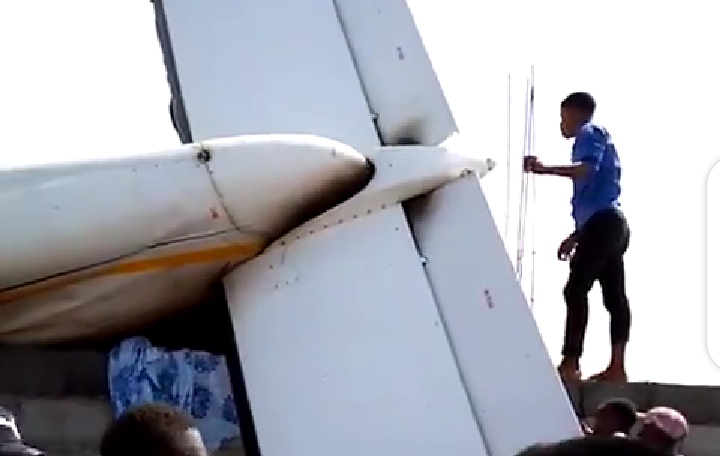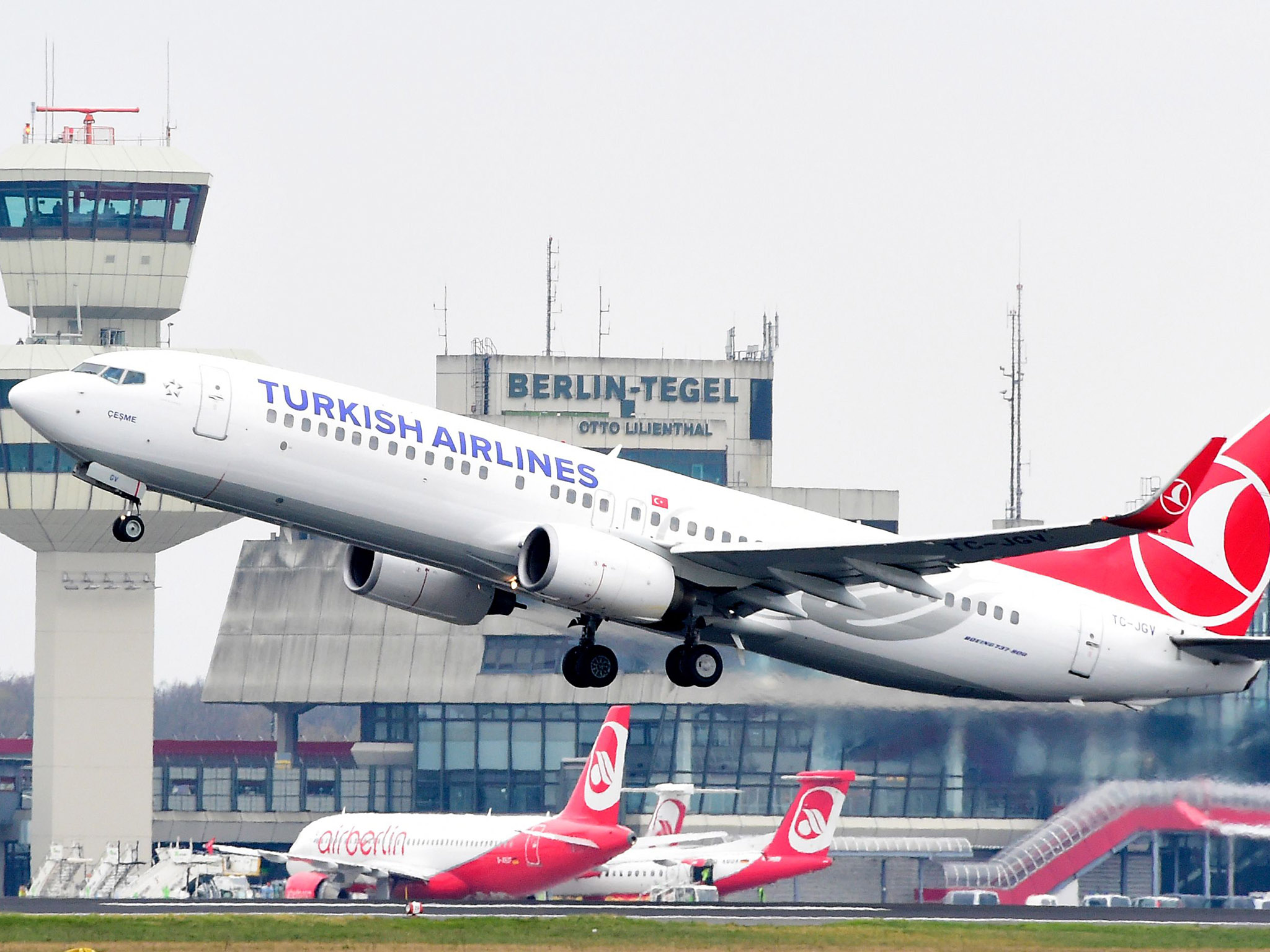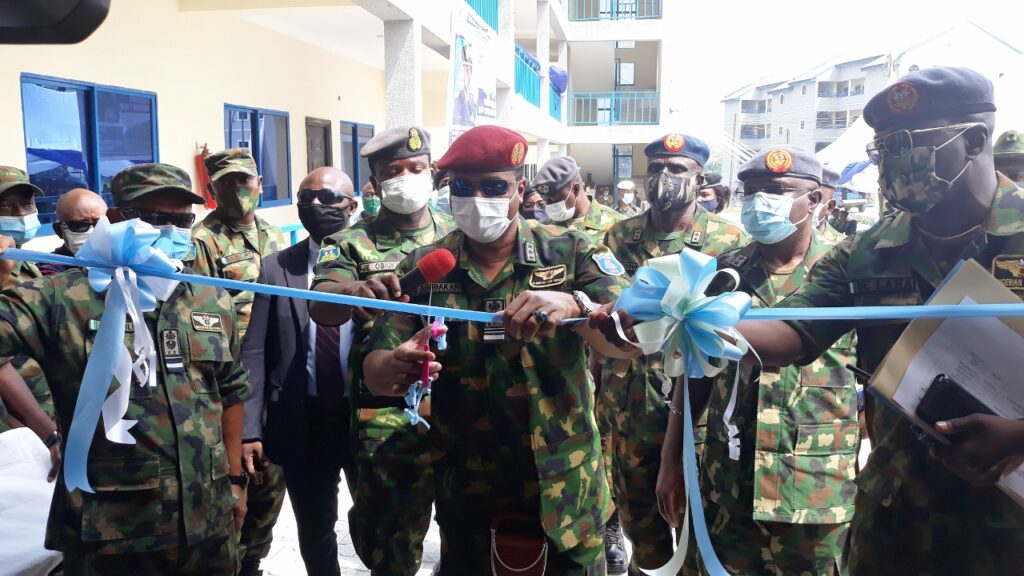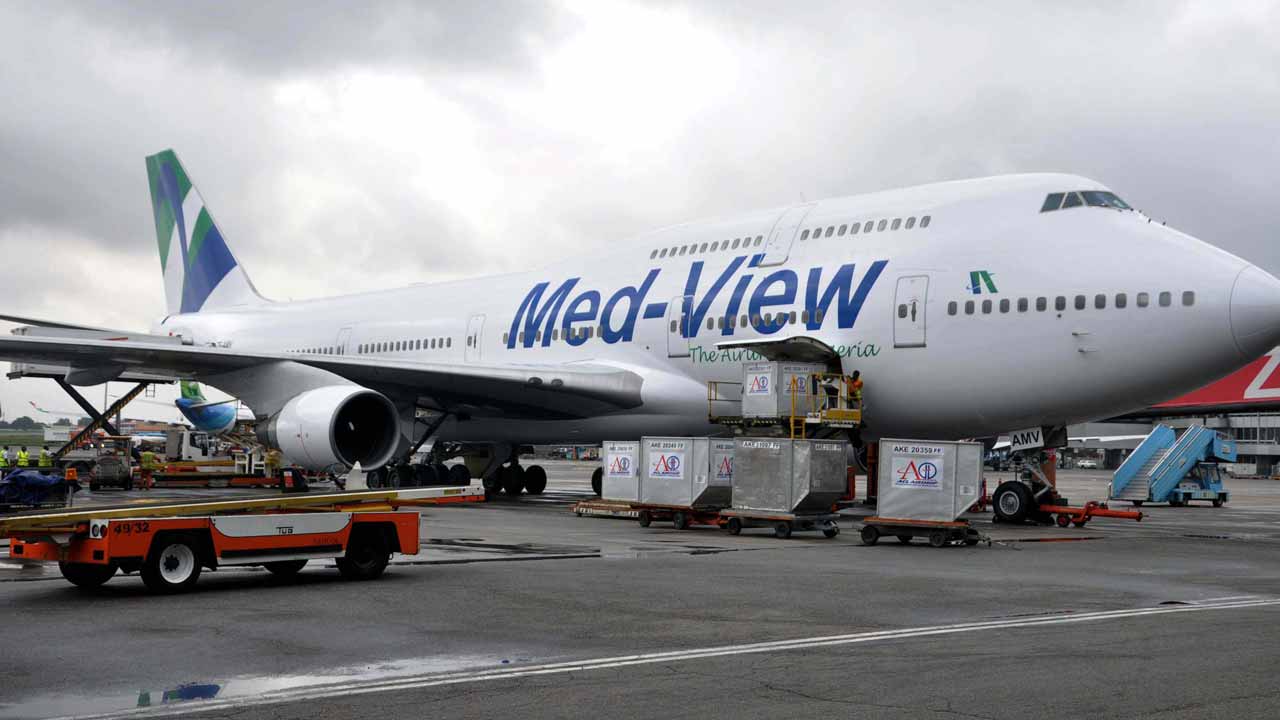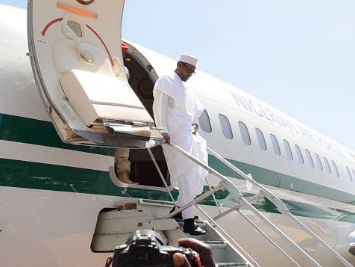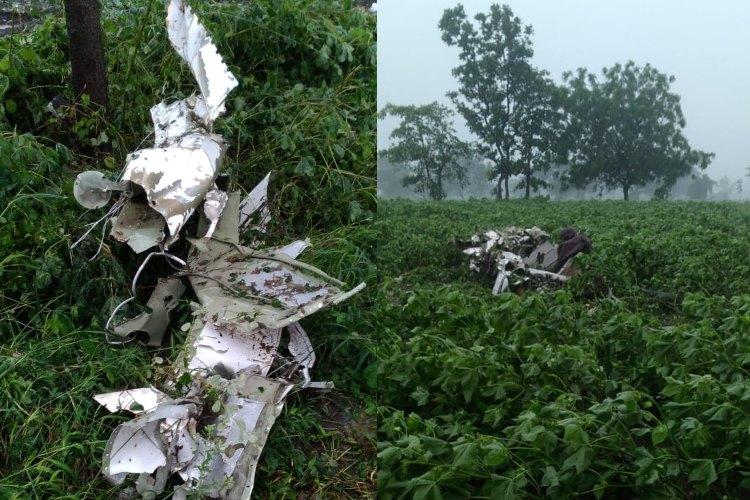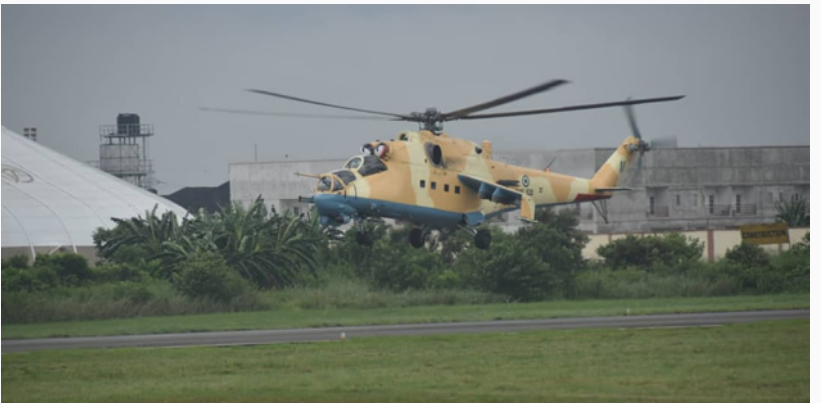President Muhammadu Buhari is proposing to spend N1.492bn on the upgrading of some of the aircraft in the Presidential Air Fleet in 2020.
The sum is apart of the N200.994m the President will be spending on the overhaul of engines of some of the aircraft in the fleet next year.
The figures are contained in the details of the 2020 Appropriation Bill that Buhari presented to a joint session of the National Assembly on Tuesday.
Details of PAF’s budget are captured under the budget of the Office of the National Security Adviser.
Meanwhile, Federal Government plans to spend N9.05bn on the purchase, maintenance and fuelling of generators across the Ministries, Departments and Agencies nationwide.
The government also earmarked a separate N75.4m for maintenance and fuelling of generators in some of its foreign missions abroad.
The details are contained in the 2020 budget proposal which was submitted to the National Assembly by President Muhammadu Buhari on Tuesday.
The government has budgeted the sum despite claims that power had improved drastically.
The N9bn earmarked for generators by the Federal Government is more than the Internally Generated Revenue of Bauchi, Abia, Zamfara, Kogi, Anambra, Bayelsa, Jigawa, Ebonyi, Ekiti, Adamawa, Nasarawa, Katsina, Kebbi, Borno, Taraba, Yobe and Gombe states in the first and second quarters of 2019.
The agency of the government with the largest single budget for generators is the Nigerian Army which set aside N518.3m for fuelling of generators alone while no amount was earmarked for maintenance.
In the second position is the Economic and Financial Crimes Commission which is asking for N64.5m for maintenance, N166.6m for fuelling of the generators and N82.2m to purchase a new generator, a combined N313.4m.
The EFCC’s generator budget is 10 times higher than that of its sister agency, the Independent Corrupt Practices and Other Related Offences Commission, which budgeted N10m for generator maintenance and N24.2m as generator fuel cost (N34.2m)
Holding the third position is the Office of the Head of the Civil Service of the Federation which is asking for N255m to fuel its generators and another N27m to maintain the generators, a combined N283.7m.
The Nigeria Defence Academy comes fourth with a budget of N273.7m for maintenance of generators (N133.5m) and fuelling of the generators (N140.1m).
In fifth position is the Nigeria Police Force with a budget of N222.9m for maintenance and fuelling of its generators across its formations and commands in the 36 states and the Federal Capital Territory while the Nigeria Police Force Academy, Wudil, seeks a separate N31.7m for the same purpose.
The Nigeria Correctional Service (formerly known as Nigeria Prisons Service) budgeted N214m for the fuelling and maintenance of its generators while its sister agency, the Nigeria Immigration Service, seeks N95m for the purchase of a new generator and a separate N109.1m for fuelling and maintenance of its existing generators- a total of N204m.
The Federal Ministry of Health and its agencies comprising 88 federal teaching hospitals, medical centres and agencies have the highest budget for generators at N1.5bn.
The ministry and its agencies budgeted N173.7m for generator maintenance and N1.1bn to fuel them while a separate N220.8m was earmarked for the purchase of new generators.
The University of Benin Teaching Hospital and University of Calabar Teaching Hospital planned separate procurements of one 500KVA generator each at N25m; Nnamdi Azikiwe University Teaching Hospital, Nnewi budgeted N20m for two 500KVA soundproof generators.
Federal Teaching Hospital, Ido Ekiti, allocated N20,844,821 for a 250KVA diesel generator; Irrua Specialist Teaching Hospital, Irrua budgeted for a N30m generator; and Federal Psychiatric Hospital, Calabar pencilled N14.5m for “purchase and installation of generators.
The Federal Medical Centre, Kebbi State indicated the need for the procurement of two 500KVA generators and other items at N32m; Institute of Public Analysts of Nigeria also budgeted N3.5m for the purchase a generator for its laboratory; and the Federal Teaching Hospital, Gombe allocated N50m for “generators and inverters.”
The Ministry of Education which oversees 197 federal secondary and tertiary institutions, departments and agencies has the second highest budget for generators.
The ministry and its agencies have earmarked a total of N366m for generator maintenance; about N806m to fuel the generators and another N104m to buy new generators, a combined N1.27bn.
The National Commission for College Education Secretariat budgeted N9.5m for the rehabilitation of a “generator plant”; International Centre for Biotechnology, University of Nigeria Nsukka, Enugu allocated N7.3m for a new 250KVA generator; and FGC Azare earmarked N20m for the procurement of a 200KVA generator.
Also, FGC Kwali is to spend N18.1m on the “purchase and installation” of a 250KVA generator; FGC Ido-Ani pencilled N22m for the purchase and installation of a 250KVA generator and 300KV transformer; FGGC Gboko budgeted N7.5m for the “supply and installation” of a 50KVA generator; and FGGC Shagamu allocated N20m for the procurement of a 250KVA generator.
